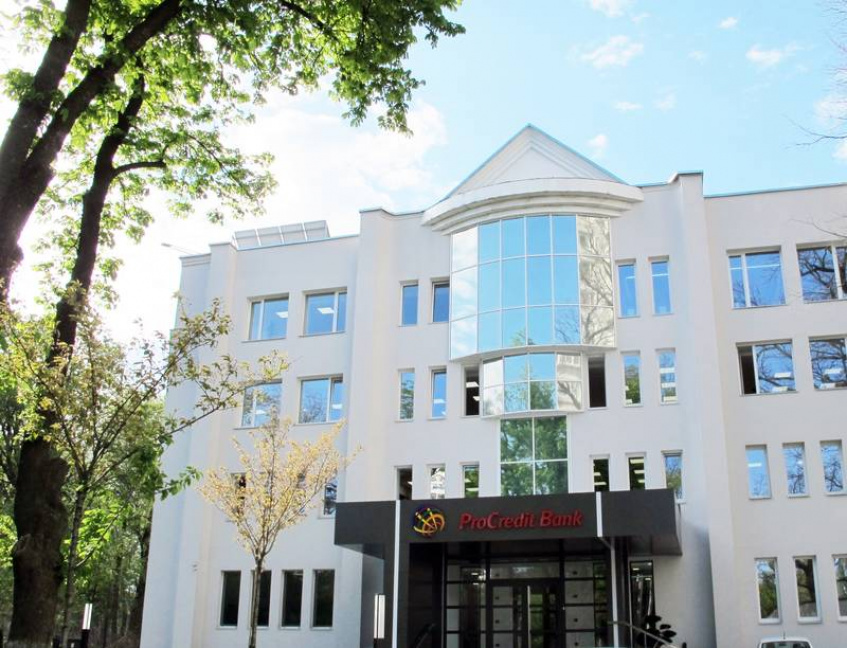
The European Fund for Southeast Europe (EFSE) has provided ProCredit Bank Ukraine (PCB) with a senior loan in Ukrainian hryvnia equivalent to €20 million. The new facility continues the successful cooperation between EFSE and ProCredit Bank, and aims to secure much-needed local currency funding to support business and economic development in Ukraine – a key EU4Business priority.
An EFSE partner since 2015, ProCredit Bank enjoys a solid and ever-growing market position as a house bank for small and medium-sized enterprises (SMEs) in Ukraine. The bank offers tailored credit products and dedicated business advice, enabling the sustainable growth and development of its clients. The top-up loan from EFSE will support PCB in meeting the growing credit demand from SMEs in a responsible manner.
EFSE Board Chairman Christoph Tiskens said: “EFSE strongly believes in the instrumental role local currency plays in promoting responsible financial sector development and ensuring sustainable access to financial services. Smaller businesses can be especially vulnerable to exchange rate fluctuations; by providing access to longer-term local currency financing through our long-standing partner ProCredit Bank, we are reaffirming our commitment to responsible finance and sustainable economic development in Ukraine.”
General manager of ProCredit Bank Ukraine Victor Ponomarenko added: “Businesses in Ukraine still face limited access to affordable and long-term financing, especially in local currency, which is imperative for promoting investments and development. Therefore, our cooperation with EFSE today is more valuable than ever and helps ProCredit Bank to successfully fulfil its role as a reliable financial intermediary and increase its loan portfolio to SMEs.”
The European Fund for Southeast Europe (EFSE) was initiated by KfW Development Bank (KfW) with the financial support of the German Federal Ministry for Economic Cooperation and Development (BMZ) and the European Commission under the EU4Business initiative.
EFSE focuses on assisting local financial sectors in strengthening their ability to ensure adequate and sustainable financing. The funding the EFSE provides as finance primarily for micro and small enterprises (MSEs) – but also for private households in the form of home improvement loans – is channelled to these loan customers through local partner lending institutions.
